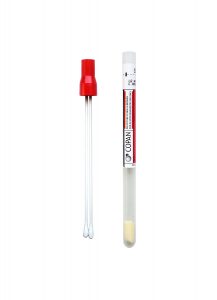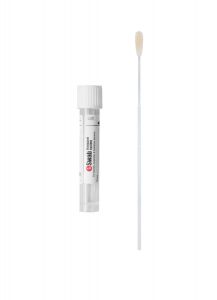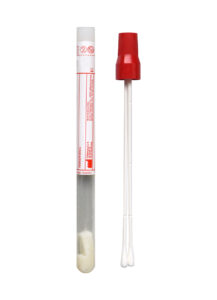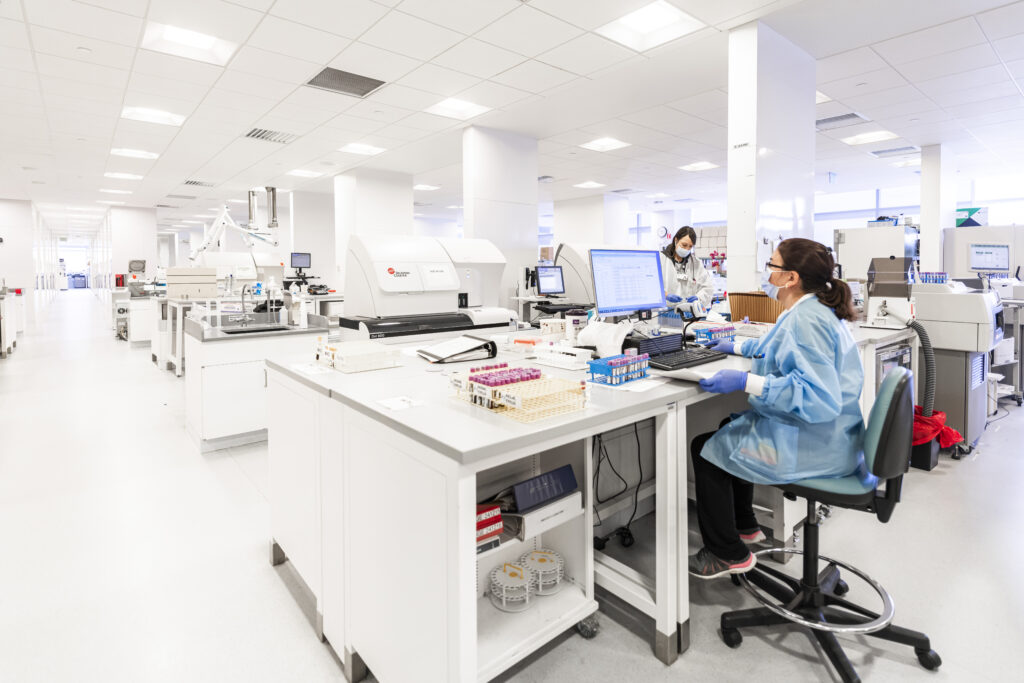Immediate Test Change
Test Update – Testosterone, Free and Total (TFTEST)
Beginning September 12, 2024, Testosterone, Free and Total (TFTEST) will be sent to a different reference laboratory due to an emergency inactivation at the current reference laboratory because of reagent problems.
This follows an extended test delay since April of this year.
Please contact Client Services with any questions or for assistance.
Test Change Overview
Testosterone, Free and Total (TFTEST)
New Test
Old Test
Test Name
Testosterone, free and total, by equilibrium ultrafiltration mass spectrometry
Testosterone, Free and Total
Performing Laboratory
LabCorp
Mayo Clinic Laboratories
Methodology
Equilibrium ultrafiltration; Liquid chromatography/tandem mass spectrometry
Equilibrium dialysis; Liquid chromatography/tandem mass spectrometry
Specimen Collection
Serum, 2.2 mL
Red (No Additive) Tube
Serum, 2.5 mL
Red (No Additive) Tube
Minimum Volume
1.8 mL
1 mL
Transport Temperature
Ambient
Refrigerated
Turnaround Time
5-7 days
4-8 days (delay as of April 19, 2024)




